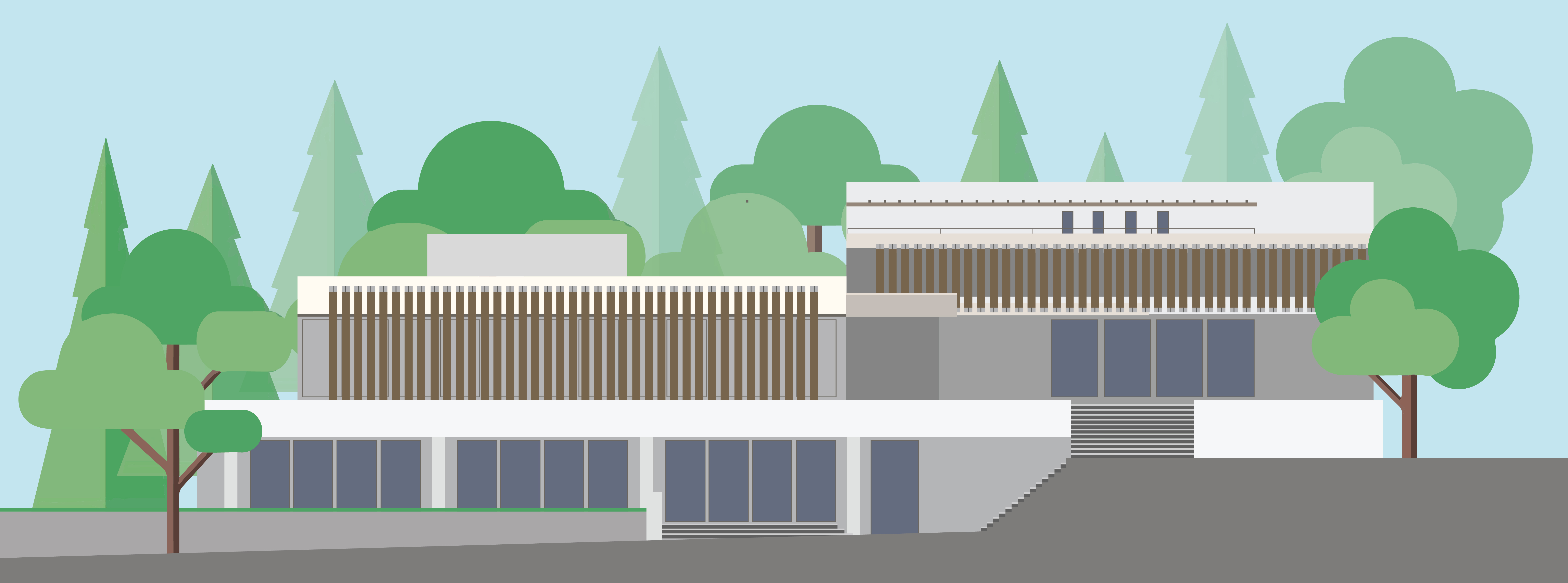There are a number of reasons why someone might decide to go to grad school.
For some, it’s about their passion for learning or their desire to facilitate improvements and changes in an area they care deeply about. In a world of extraordinary and continuous change graduate school can be a place and a time for you to innovate, explore and investigate. It’s a chance to collaborate with faculty and colleagues across boundaries, to learn at a deeper level and contribute to the generation of new knowledge that can change the way we think about the world.
For others, grad school is about taking the next step in their career path. Whether getting a degree might help you make a career move to a new field or to climb the ladder, a graduate degree will lead to additional skills, subject matter knowledge and competencies and make you more competitive professionally.
Whatever your reason may be for considering grad school, UBC has a program for you. Our Vancouver campus provides the perfect community to study at the graduate level. With more than 300 graduate programs spanning our 11 faculties, you’ll be part of a community of more than 10,000 graduate students, supported to do your best work, and given opportunities to explore your curiosity and to advance your career.












